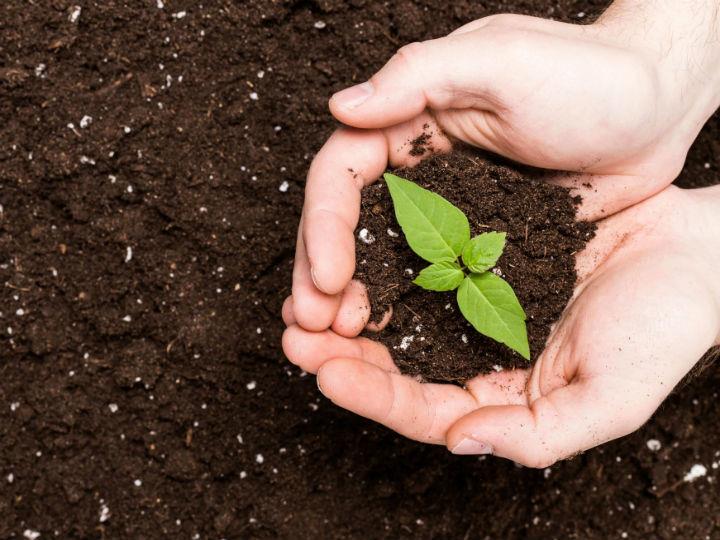by Giles Merritt
Only two of her incoming team showed any interest, and the portfolio is going to a low-profile newcomer from tiny Luxembourg.
Farm policy is nevertheless set to be among the hottest of all EU jobs. The list of farmers’ grievances continues to lengthen, guaranteeing the new commissioner the limelight that all politicians crave.
Tackling not just farmers’ grievances but those of agri-food companies and consumers means the incoming commission will face a slew of tough choices. If clumsily handled, these will threaten the EU’s credibility among discontented rural voters. The tractor blockades that last winter paralysed several European capitals may be just a taste of worse to come.
Farm policy once excited widespread public attention. Its lavish subsidies at first appalled Europe’s taxpayers, but then squabbles over wine lakes, butter mountains and abstruse negotiations on fine-tuning the Common Agricultural Policy saw increasingly fewer headlines. Public interest in the CAP faded further as it shrank from two-thirds of the EU budget to only a third.
Now it’s back on the danger list, with three explosive elements. The first is farmers’ growing conviction that new ‘Green’ regulations on pesticides and animal husbandry are bankrupting them. The second is smaller farmers’ demands for a U-turn that would shift EU spending away from subsidies favouring larger farms to income support for smallholders. This would upend the CAP.
The third detonator is politics. Elections across Europe this year have made it plain that rural dissatisfaction may eventually bring to power extremists of the far-right and sometimes the far-left. June’s European elections and the stunning successes in Eastern Germany of the AfD hard-right are a clear warning.
It is too soon to say how great a threat this could be to the EU’s long-term stability. But it’s clear that all is far from well in the agri-food sector and that deep-seated problems have been ignored and perceived injustices allowed to fester.
Not that Brussels has been idle on farm and rural development policies. The commission has tried to satisfy the conflicting demands of farmers, foodstuff companies, environmentalists and consumers, but has failed to square all the circles.
The 2020 ‘Farm to Fork’ package aimed to contain their rival interests within the EU’s ambitious ‘Green Deal’ strategy on climate change, but remains beset by deadlocks.
Europe’s farm sector is on a slippery slope. Although heartening statistics highlight the EU’s position as top global trader in agri-foods, they also obscure its structural weaknesses. The smaller farms that are the backbone of rural communities across Europe are going out of business at a frightening pace, while young people are unable or unwilling to take up farming.
The ‘desertification’ of the countryside in many member states has been ringing alarm bells that are still generally ignored.
Europe’s agricultural workforce is a third smaller than in 2000. This shrinkage chiefly reflects the snowballing bankruptcies of smaller farms. Smallholdings of less than five hectares make up two-thirds of the EU’s nine million farms.
Few are profitable enough to survive, so with many elderly farmers now retiring, the result is a wave of closures. Only a tenth of Europe’s farmers are under 40 years old, and EU cash incentives to attract young newcomers are disappointing.
The disincentives to take up farming are legion. Environmentalists encourage tighter pesticide and animal welfare regulations, leading France’s , President Macron, to describe some of them as “preposterous”.
The EU’s latest effort to trim the regulatory burden hasn’t greatly mollified the farmers, while the shifting of some elements of the CAP back to member governments has, perversely, aggravated red tape.
Brussels’ fresh efforts to meet agricultural bodies’ demands will probably build on steps taken earlier this year. In July, it launched an ‘Agri-Food Chain Observatory’ to study unfair pricing practices by food processing companies and retail giants. Most observers seem unconvinced that this will quell the complaints. What’s chiefly needed is more funding.
Janusz Wojciechowski, the outgoing EU farm commissioner, raised eyebrows when he reckoned that, far from being slimmed, the CAP’s budget needs to be increased by 50 per cent. He added that its €450 billion a year crisis reserve should also rise…by 500 per cent.
The chances of that seem small when there are so many other pressures on EU resources. Yet the huge agri-food sector is reckoned to sustain 40 million Europeans in one way or another, so it cannot be treated as secondary.
President von der Leyen may come to regret not heeding the call from Christine Lambert, head of the powerful COPA farm lobby, for agriculture to be made one of the powerful new Vice-Presidential portfolios.
*Founder of ’Friends of Europe’




 By: N. Peter Kramer
By: N. Peter Kramer
